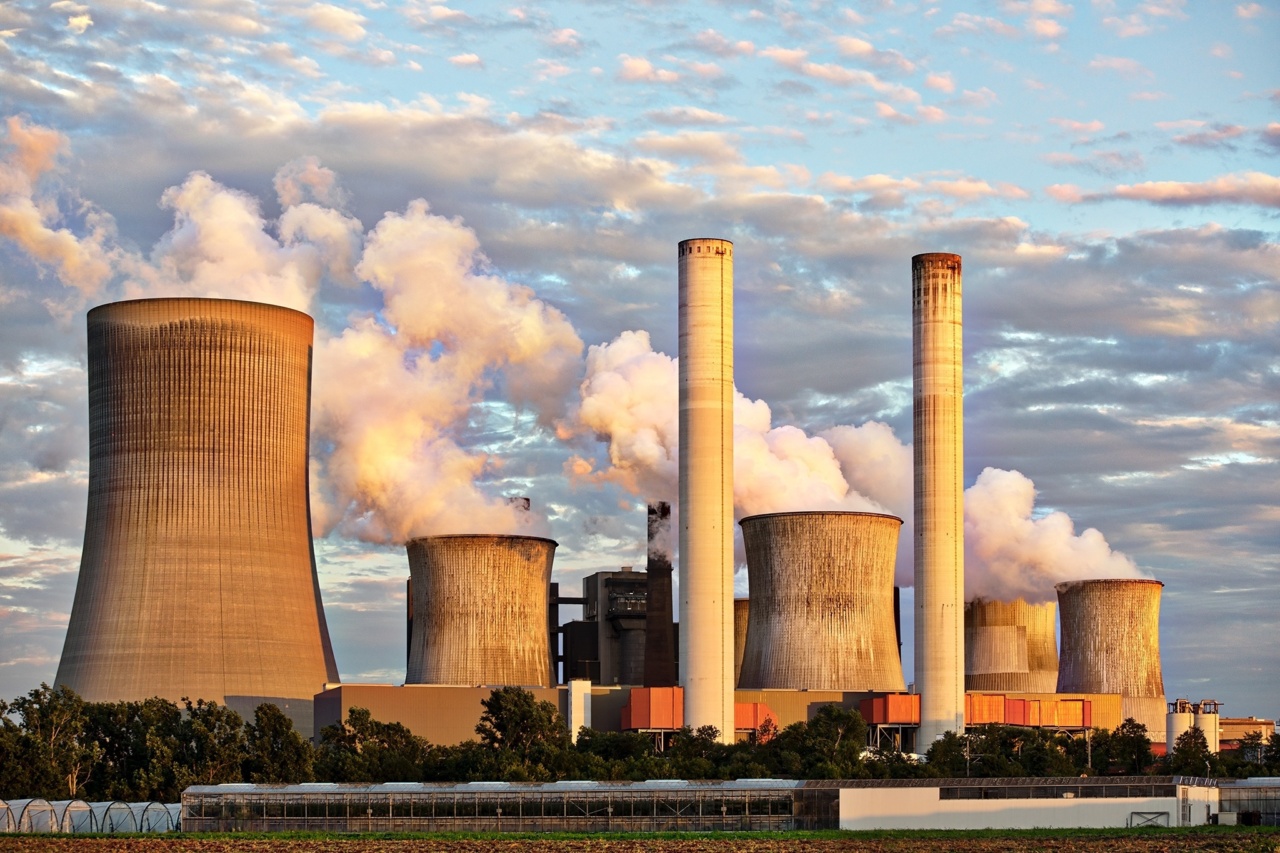Air pollution is a severe global issue that poses a significant threat to human health. It is caused primarily by the emission of harmful pollutants into the atmosphere through various industrial, transportation, and domestic activities.
These pollutants include particulate matter (PM), nitrogen dioxide (NO2), sulfur dioxide (SO2), ozone (O3), and volatile organic compounds (VOCs), among others.
Health Effects of Air Pollution
The impact of air pollution on human health is wide-ranging and can lead to both acute and chronic health conditions.
Exposure to polluted air is associated with an increased risk of respiratory diseases, cardiovascular disorders, and even premature death. Let’s explore some of the most common health effects of air pollution:.
1. Respiratory Diseases
Air pollution has a direct and detrimental effect on the respiratory system. Inhalation of pollutants can cause or aggravate respiratory conditions such as asthma, bronchitis, and chronic obstructive pulmonary disease (COPD).
Fine particulate matter, in particular, can penetrate deep into the lungs, leading to inflammation and reduced lung function.
2. Cardiovascular Disorders
Poor air quality is a significant risk factor for cardiovascular diseases.
The tiny particles in polluted air can enter the bloodstream and cause inflammation, promoting the development of atherosclerosis and increasing the risk of heart attacks, stroke, and other heart-related problems. Long-term exposure to air pollution has also been linked to increased blood pressure and the formation of blood clots.
3. Impaired Lung Development in Children
Air pollution not only affects adults but also poses a significant threat to the health of children, especially their lung development.
Children exposed to high levels of air pollution may experience stunted lung growth, leading to reduced lung function throughout their lives. This impairment can increase the susceptibility to respiratory infections and limit their physical activities.
4. Allergies and Asthma
Air pollution can trigger or worsen allergies and asthma. The presence of pollutants in the air irritates the respiratory system, leading to symptoms such as coughing, wheezing, and shortness of breath.
Additionally, air pollution can also exacerbate existing allergies, making individuals more prone to allergic reactions and respiratory distress.
5. Increased Risk of Cancer
Prolonged exposure to certain air pollutants, such as benzene and formaldehyde, has been linked to an increased risk of developing various types of cancer, including lung cancer.
These carcinogenic substances are released by industrial processes, vehicle emissions, and burning of fossil fuels. The long-term inhalation of these pollutants can have devastating consequences for human health.
6. Neurological Effects
Recent research suggests that air pollution may have adverse effects on the central nervous system. Fine particulate matter and certain air toxins can penetrate the blood-brain barrier and cause inflammation, oxidative stress, and damage to brain cells.
This can lead to neurodevelopmental disorders in children and an increased risk of cognitive decline, memory problems, and neurodegenerative diseases in adults.
7. Premature Death
The consequences of air pollution are so severe that they can lead to premature death.
Numerous studies have shown a strong correlation between long-term exposure to polluted air and increased mortality rates, particularly from respiratory and cardiovascular causes. The World Health Organization estimates that around 7 million premature deaths occur each year due to air pollution.
8. Impact on Mental Health
While the physical health effects of air pollution are well-documented, its impact on mental health is often overlooked.
Research suggests that long-term exposure to air pollution can contribute to mental health issues such as depression, anxiety, and neurobehavioral problems. The exact mechanisms behind this association are not yet fully understood but are thought to be related to systemic inflammation and oxidative stress.
9. Effects on Pregnancy
Poor air quality has detrimental effects on both the mother and the developing fetus during pregnancy. Pregnant women exposed to air pollution are at higher risk of complications such as preeclampsia, gestational diabetes, and preterm birth.
The exposure to pollutants also poses a risk to the developing fetus, increasing the likelihood of growth restrictions, respiratory problems, and long-term health issues.
10. Quality of Life Impact
Air pollution not only affects physical health but also has a significant impact on overall quality of life. The presence of polluted air can limit outdoor activities, leading to reduced physical fitness and social interactions.
Additionally, the economic burden caused by healthcare costs and lost productivity due to illness related to air pollution is substantial.
Conclusion
Air pollution is a major health concern that affects individuals worldwide. From respiratory diseases to cardiovascular problems, the impact of polluted air on human health is extensive and far-reaching.
It is crucial for governments, industries, and individuals to take proactive measures to reduce air pollution and mitigate its devastating effects on human health and the environment.































